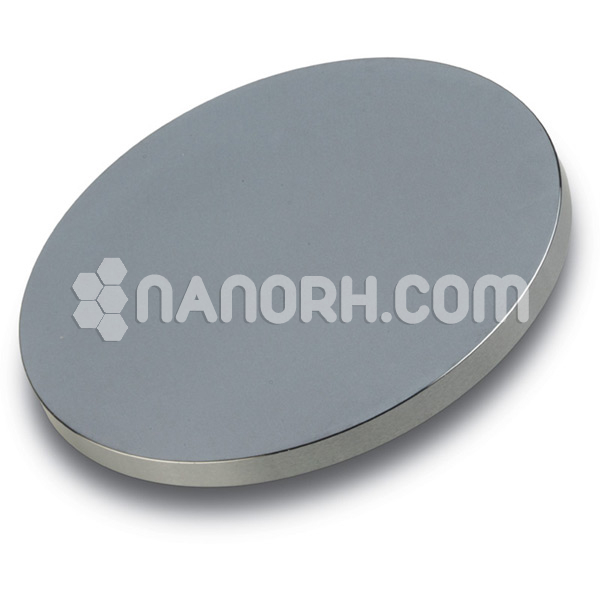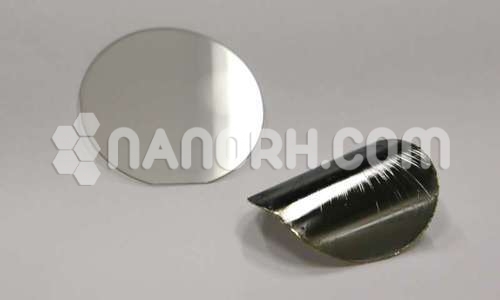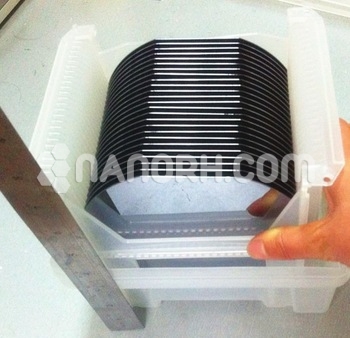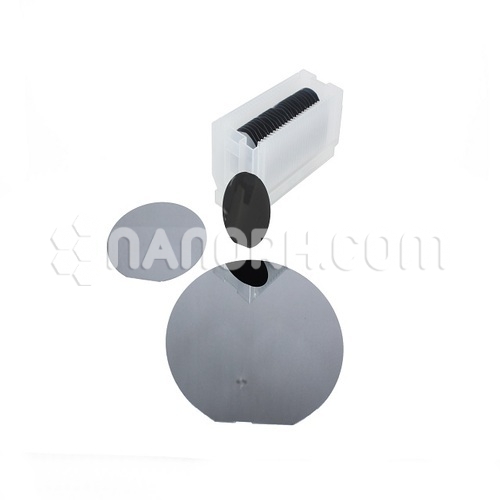| Iron Aluminum Alloy Sputtering Targets | |
| Product No | NRE-43453 |
| CAS No. | NA |
| Formula | Fe-Al |
| Molecular Weight | NA |
| Purity | >99.9% |
| Density | NA |
| Thickness | 3 mm ± 0.5mm (can be customized) |
| Diameter | 50 mm ± 1mm (can be customized) |
| Shape | Round |
| Resistivity | NA |
| Thermal Conductivity | NA |
Iron Aluminum Alloy Sputtering Targets
Iron aluminum alloy sputtering targets are increasingly used in various applications due to their unique properties, such as lightweight, high strength, and excellent corrosion resistance. Here’s an overview of their applications.
Thin Film Coatings
Iron aluminum alloys are employed in thin film deposition processes to create coatings with desirable properties, including improved hardness and wear resistance. These coatings can be used on tools, machinery, and components exposed to harsh environments.
Magnetic Materials
These alloys are significant in the production of magnetic films for applications in data storage devices, sensors, and other electronic components. The combination of iron and aluminum can optimize magnetic properties, making them suitable for high-density storage.
Automotive Applications
In the automotive industry, iron aluminum alloys are used for components requiring high strength-to-weight ratios. Sputtered coatings can enhance the performance of engine parts and structural elements by providing better wear resistance and reducing corrosion.
Aerospace Industry
The aerospace sector benefits from the lightweight and strong characteristics of iron aluminum alloys. Sputtering is used to create coatings that improve thermal stability and resistance to oxidation, essential for high-performance aerospace components.
Electronics and Sensors
In electronics, iron aluminum sputtering targets are used to create conductive and magnetic layers in devices such as inductors, transformers, and sensors. These materials help enhance device performance and reliability.
Biomedical Applications
Iron aluminum alloys can also be utilized in biomedical devices, where coatings improve biocompatibility and resistance to corrosion, crucial for implants and surgical tools.
Research and Development
These alloys are often explored in research settings to develop new materials and processes. Their unique properties are studied for potential applications in nanotechnology, energy storage, and advanced manufacturing.




